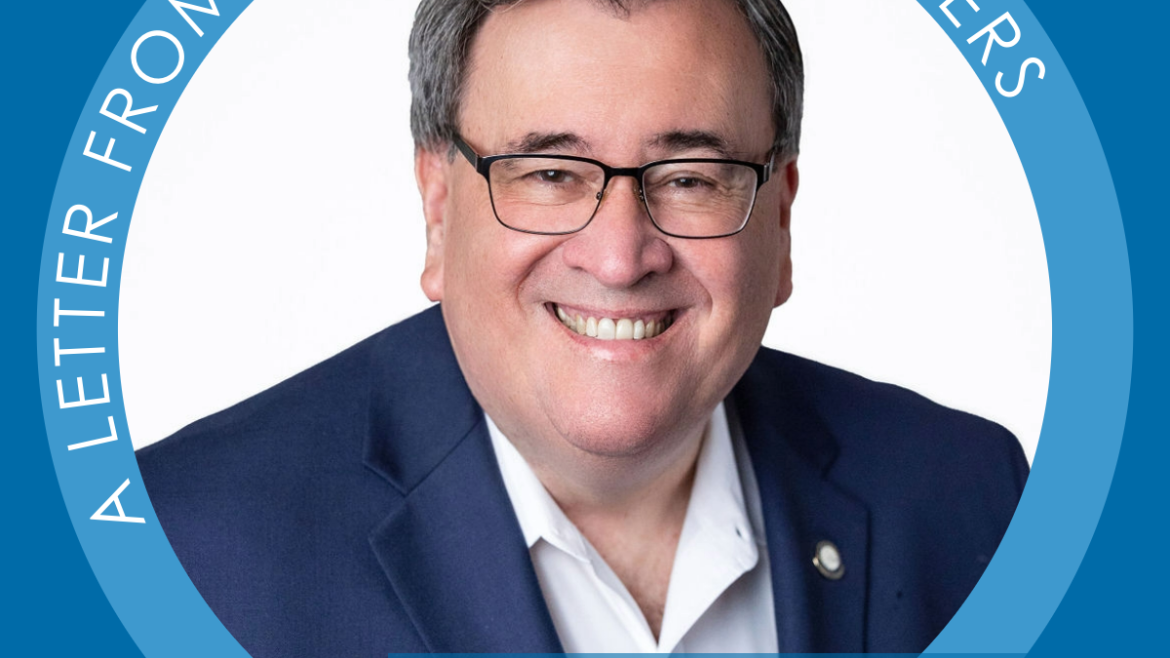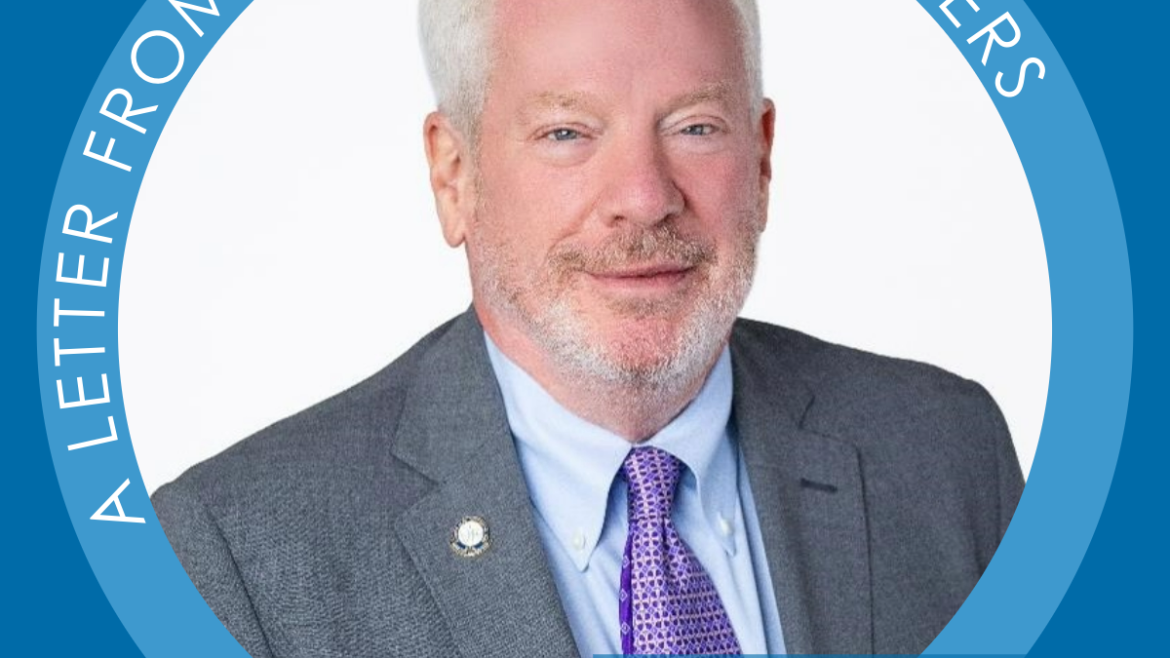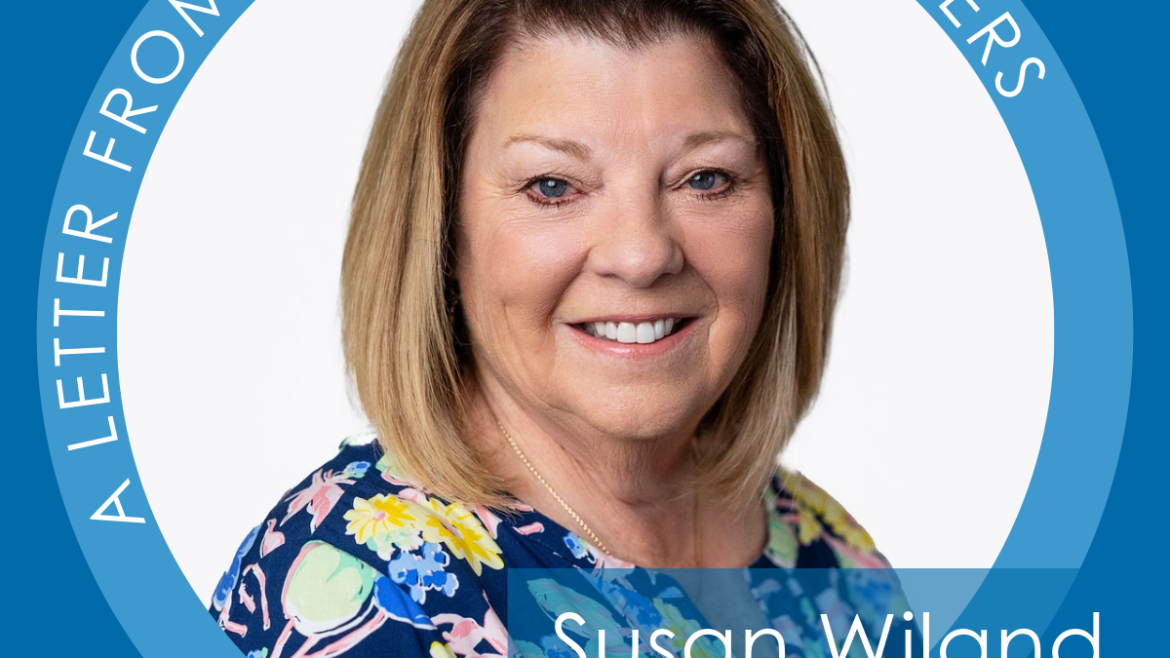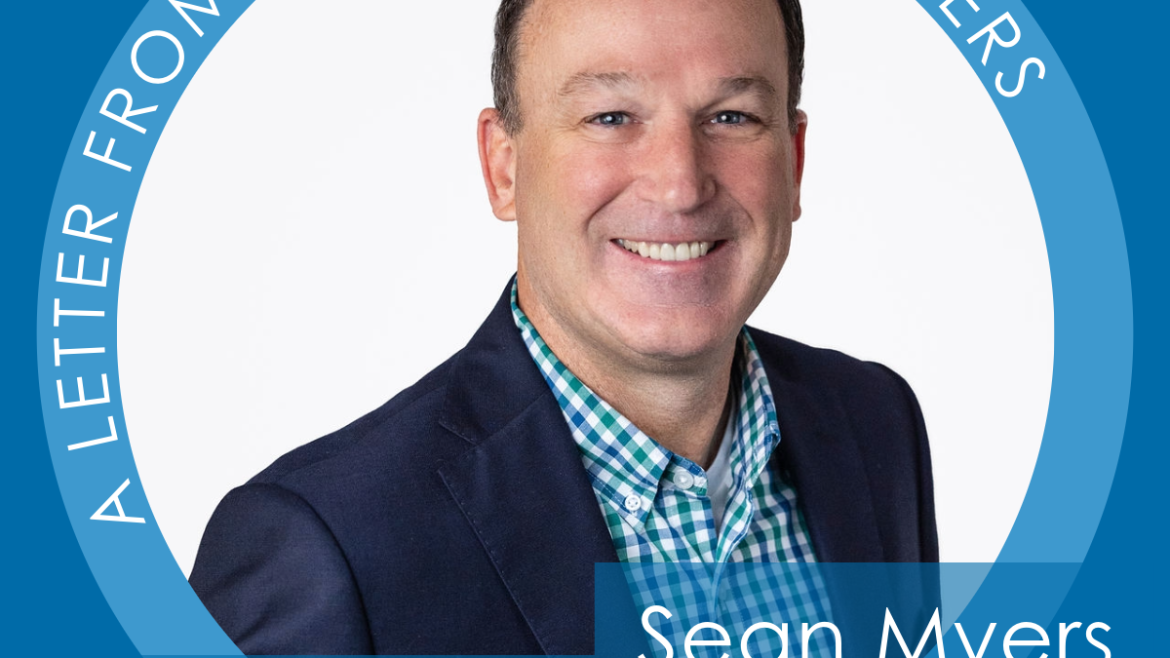The human head has between 80 – 90,000 hairs. That’s roughly the number of Society of St Vincent de Paul members in the United States. In 11 years as your national CEO, my hair has become increasingly greyer. Coincidence?
Many people share with me that I always appear calm, especially when events crash around us. That’s because I am a constructive worrier, although some might call it simply anticipative. Chances are that the outcome I imagined, and planned for, was worse than what actually happened. Hope for the best, expect the worst, and you are rarely surprised.
What do I worry about in this role? There are big things, but mostly small things. I worry that the right person is at the right time and place, saying the right things. I worry about national event attendance. My largest worries are that whatever we are doing is not enough to help every family out there who needs us. I worry that there is some solution to poverty that we haven’t found yet, despite our best efforts. I worry about a shrinking Church in some parts of our country, limiting the recruiting pool for new Society members. Finally, I worry that our members need something from “National” that we can’t provide.
You might find this strange, but I don’t worry about money too much. We are blessed with generous donors, and many more people we haven’t yet reached with our story, because when they know our story and impact, they respond with financial resources. No, we usually suffer more from a lack of people and organization than a lack of funds.
It would be wonderful if I could worry about not meeting our mission because we have served everyone in need we can find. Unfortunately, this may never happen. The Poor, as we know, will always be with us. And so, too, will there be people who need to grow in their own holiness. We will have important Society work for a lifetime!
As I depart next month through my retirement from this CEO position, I also don’t worry too much about the Society’s future. We are blessed with many great leaders, who have learned from those who served previously and who continue to elevate our work. We also have a new generation or two behind them, learning as they serve as good followers. My successor, Michael Acaldo, is a proven servant leader. He will build upon whatever good, bad, or just plain nutty practices I have put in place to lead our wonderful National Council staff and serve our ambitious, dedicated Board of Directors. We have money in the bank to fuel dreams of growth and innovation, a solid Vincentian formation platform, and plenty of heart, brains, and desire to do good. There are genuinely exciting times ahead of us!
My wife Mary Ellen and I are moving to suburban Phoenix next month. The plan is to write some books, including perhaps a collection of these Servant Leader columns, join some neighborhood hobby clubs, serve in my parish and Conference, support the National and local SVdP Councils as they see fit, and finally to learn some new skills. These are the new interests I’d like to turn my worries to soon. I can’t see myself doing little or nothing. I certainly have so many Vincentian friends in their 60s and above who serve as role models for fruitful, active retirements!
Maybe I’ll become a keyboard warrior, go to some ballgames, take more naps, and squirt a water hose in fun at passing children from my front yard. After 40 years of professional nonprofit service, a little more personal, even wasted, time might be fun!
Before I leave, I want to thank you for reading these columns over the years. This is my last Servant Leader column, at least as your national CEO. It’s gratifying when someone says they read my work. It’s even more fulfilling when a member says that they brought my column to a Conference meeting to initiate a conversation of substance. Maybe I couldn’t provide an answer, but framing the right question is also important.
Thank you as well for your patience, friendship and lessons learned through our worshiping and serving together. I have grown as a person, a servant leader, and as a faithful Catholic through our relationships over a decade. I can leave my Society job and my career with gratitude, confidence in our efforts together, adequate retirement savings, and an abundance of friendships. And even most of my hair.
Yours in Christ,
Dave Barringer
National CEO




